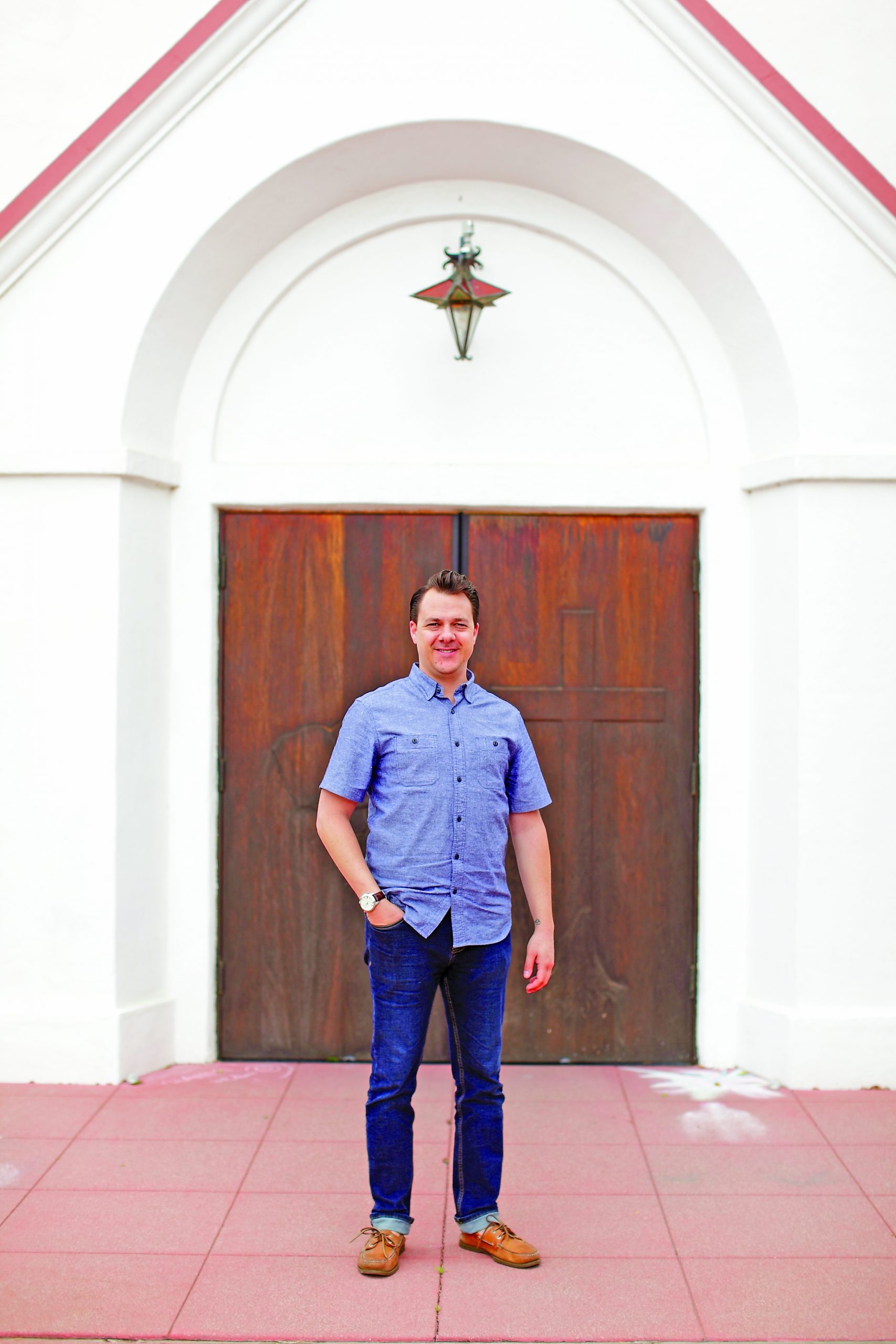By James Riley
Contributing Writer
A common complaint among seniors is back stiffness or mild pain when they first arise in the morning. For many this stiffness effects them for a few minutes and then seems to go away following a period of moving about the house. Why does this symptom occur and what can be done to alleviate it? For common stiffness or minor pain there are two big issues that come into consideration: sleep position issues and biological issues.
Sleep position issues
Sleep position may cause or increase back stiffness.
Sleeping on your stomach puts your back into extension, increasing disc pressure on the anterior portion of discs, especially in the lower back. If there is minor bulging in any of your discs, a not-unusual occurrence in aging backs, sleeping on the stomach may cause pain or stiffness.
Sleeping on your back with the legs straight may be a stiffness inducer if you have tight hip flexor muscles due to poor posture. If you experience little stiffness and get a good night’s sleep, your current sleeping position is acceptable for you regardless of the position chosen. In other words, if it ain’t broke, don’t fix it. If stiffness and minor pain is a problem, sleep experts suggest trying one of the following recommendations.
Recommendation One: Try sleeping on your back with a pillow under your knees and a small to medium-sized pillow behind the head. This position alleviates both spinal extension and tight hip flexor problems.
Recommendation Two: Sleep on your side with enough pillow height to maintain the head as part of an aligned spine. Bend your knees to about 45 degrees and maybe put a small pillow between the knees if it improves comfort.
Biological issues
Between each vertebrae, there are spinal discs consisting of a tough fibrous outer layer and a thick, jellylike interior. These discs allow for movement between each vertebra and are said to absorb shock. There are 24 discs in total. Movement and compression help bring nutrients into the discs and pushes out waste and inflammation.
At night, when you’re sleeping vertically, there is little pressure applied to the discs and, by the process of osmosis, fluid seeps in and the discs rehydrate. It’s called hydrostatic pressure and it causes the discs to swell a little bit.
If you have a minor bulge or disc problem, as many aging spines exhibit, it is more likely you will experience stiffness or minor pain upon arising. This disc inflation by osmosis is why you are at your tallest height upon arising.
It is suggested that if you are stiff or symptomatic upon getting out of bed you should move deliberately at first. Avoid stretching until you have been moving about the house for about 30 minutes.
By performing a simple movement, a downward compression will be exerted on the discs allowing them to expel fluid gained overnight and return to their normal size. Continue to move well and move often throughout the day to maintain your discs at their healthiest.







